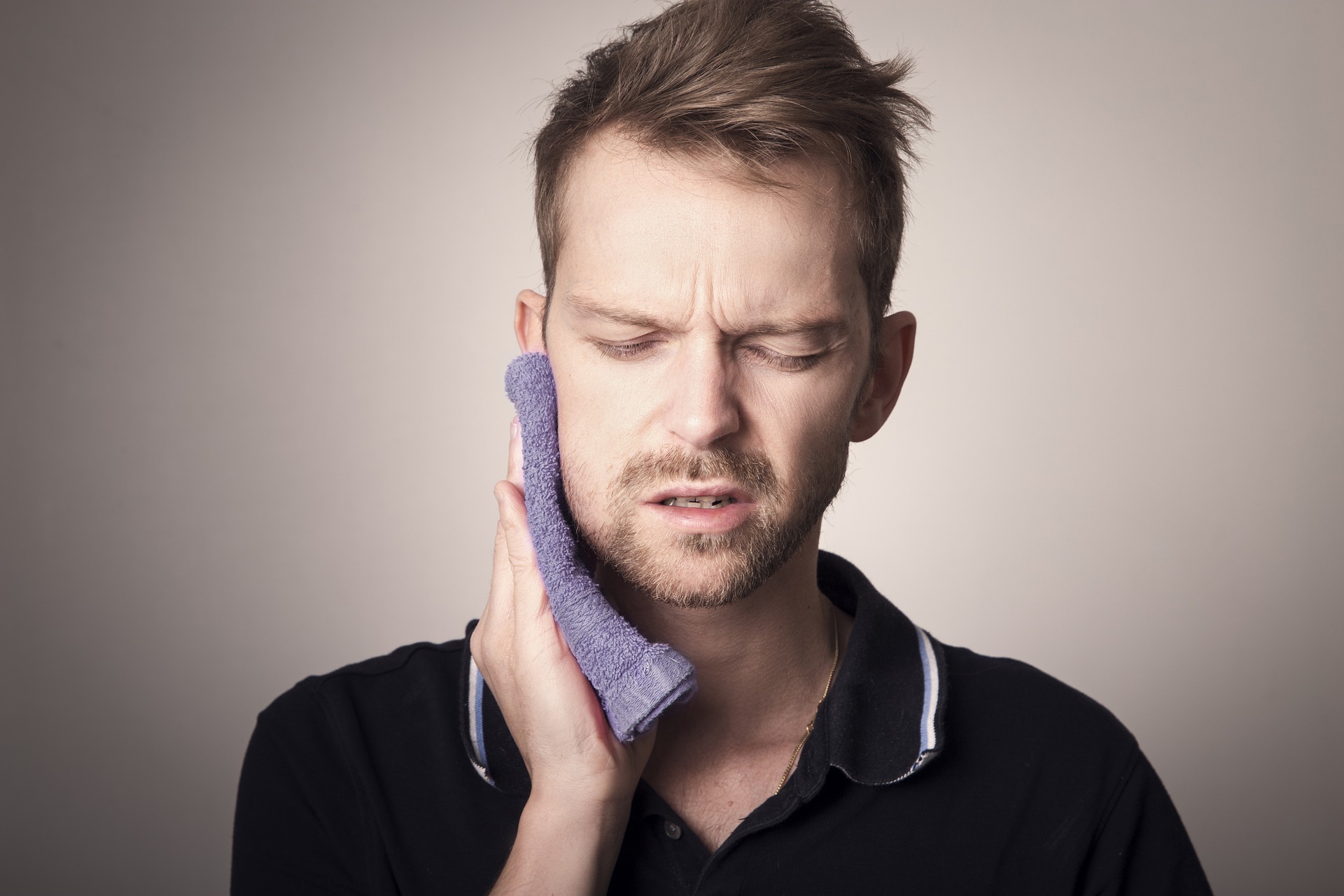Healthy teeth keep your smile looking great, but they don’t come with a guarantee. Even the most well-cared-for teeth can eventually succumb to the wear and tear of age, genetics, and stress. If your dental care is compromised, you may be overdue for an emergency check-up. A dental emergency can strike without warning, leaving you scrambling for an easy fix.

Working together, you and your dentist can keep a handle on the numerous changes your body undergoes as you age. With the proper knowledge and some simple preventive measures, you can keep your teeth in tip-top shape until your regular dentist can see you. While there are no guarantees, this article covers the common signs that suggest you should see a dentist sooner rather than later.
You’ve Broken a Tooth.
This is one of the most severe signs of dental wear and tear. One way to prevent this is to take care when biting into hard foods, like apples and carrots. Be sure you’re chewing thoroughly and avoid biting into foods that are too hard for your teeth, especially if you have cavities or gum disease history. If you break a tooth, clean it out as best you can. You should also rinse your mouth thoroughly with water to remove any debris. Then, contact an emergency dentist–don’t wait until the following day or risk an infection!
Your Gums Are Swollen and Bleeding
Bleeding gums are the most common sign that an emergency consultation is necessary. Bleeding gums may be a sign of gum disease or another dental issue, so see your dentist as soon as possible. Your toothpaste tastes weird. If your toothpaste suddenly starts tasting different from what you’ve been used to, it could signify that something is wrong with your teeth. Toothpaste usually has a strong taste, and if that suddenly disappears, it could mean bacteria are growing on your teeth.
You Have A Swollen Jaw
A swollen jaw is another sign that you may need dental care. This can happen when there’s an infection in the teeth or gums or when your jaw’s structures are inflamed. In some cases, it can also occur when you’re recovering from a cold or flu.
If your jaw is swollen, the first thing to ensure is that you’ve recovered from a virus and haven’t experienced any recent injuries. To help treat swelling, drink plenty of fluids and refrain from eating hard foods. You can also use over-the-counter pain relievers as necessary. If your jaw continues to be swollen after this step and does not subside on its own, it’s best to see a dentist for treatment.
Canker Sores Aren’t Getting Better.
Canker sores are mouth ulcers that typically develop in response to stress, injury, or food allergies. They can be uncomfortable and irritating, but they usually go away on their own within ten days. If you have had a canker sore for more than ten days, you should see your dentist.
You Have A Dental Abscess
When you have a dental abscess, bacteria infect the tooth and surrounding tissue from your mouth. The longer it is left untreated, the more serious the consequences. Signs of an abscess include swelling, redness, swelling, and pain. It’s essential to go to a dentist as soon as possible when you notice these symptoms. They will clean out the pus in the infected area, which should relieve some of the pain. Antibiotics may be prescribed with or without surgery to treat any damage done by the disease.
Contributed Content

